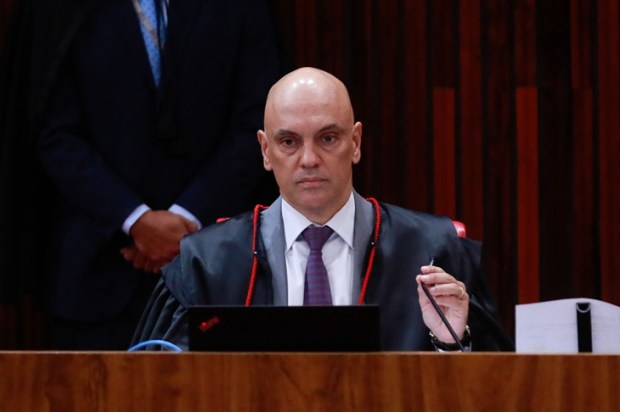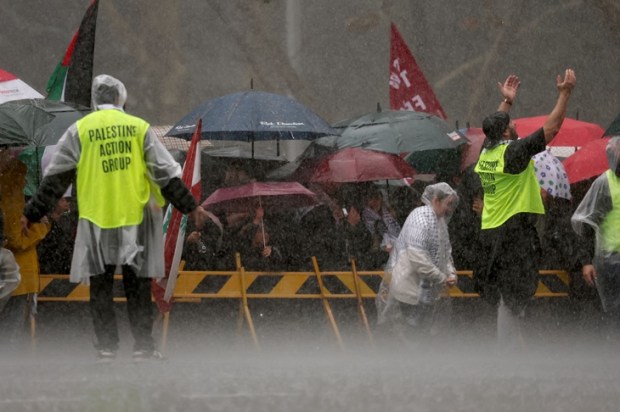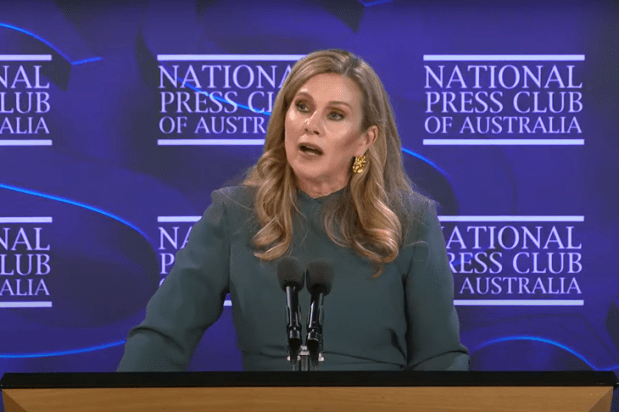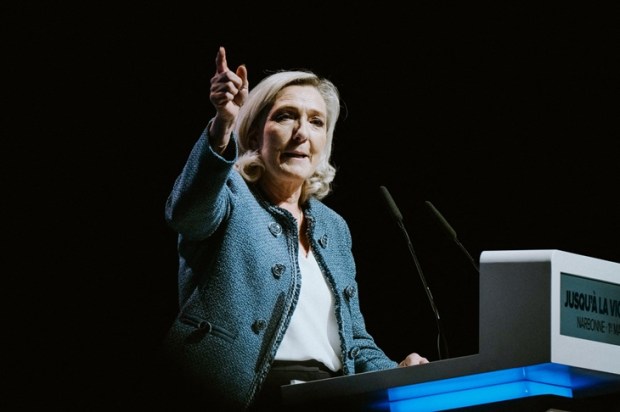The recent antisemitic attacks in Melbourne (and indeed, throughout Australia) and Jillian Segal’s report, Special Envoy’s Plan to Combat Antisemitism, have fuelled a national discussion on the conflict between freedom of speech and the right to be free from hate speech. The proponents of tightening Australia’s hate speech legislation by controlling digital media are met by claims that such legislation has the potential to obliterate free speech and undermine one of the pillars of a free society.
Australian lawmakers might learn from the recent wave of anti-migrant riots in Torre Pacheco, Spain, which spawned a frenzy of legislative responses that illustrate the dangers of embracing hate speech legislation without considering its impact on the basic structures of a free society.
In July 2025, a viral video falsely showing Moroccan migrants assaulting a Spanish pensioner was the catalyst that caused the riots by allegedly far-right protestors in Torre Pacheco. Although fact-checkers quickly debunked the video footage, tracing it to an unrelated incident in Almería, it mobilised far-right groups, organising vigilante patrols and inciting violence through Telegram and TikTok. Riots erupted for several nights, resulting in multiple injuries, widespread property damage, and traumatising communities.
Spanish authorities responded swiftly by tightening controls over public discourse and online content. The Interior Ministry invoked emergency powers to suppress further unrest, deploying riot police and issued gag orders against protest organisers. But the crackdown extended beyond the streets: new legislation targeted digital platforms, journalists, and even academic researchers, ushering in a new era of speech regulation.
These legislative controls have triggered a sweeping recalibration of speech rights across Europe, a continent-wide reckoning with the boundaries of free expression in the digital age. European governments, citing public safety and social unity, are tightening controls on online discussions and chats, raising urgent questions about the future of civil liberties in modern democratic societies.
These controls involve the empowerment of police to access encrypted messaging data without judicial oversight, citing national security concerns. It also encompasses rapid content takedowns, with platforms facing fines up to €100,000 for failing to remove flagged posts within 24 hours, and hate-speech investigations against political figures, including regional leaders of the right-of-centre Vox party, for making remarks deemed to be inflammatory.
Over the recent decades, the Spanish demographic structure has changed significantly. Foreigners make up 14 per cent of Spain’s population, up from only 1.6 per cent in 1998. In other European countries, the numbers are similar.
In the wake of the riots, critics have said that Spain’s introduction of a swath of measures criminalises legitimate dissent and seriously impacts responsible reporting on unverified migrant-related crime, with journalists facing prosecution for spreading fear.
These measures have a chilling effect on free speech. Independent media outlets report pulling stories on immigration for fear of legal reprisals. Sociologists studying migration trends have been subpoenaed to defend their research methodologies. Even satire accounts have been suspended under vague incitement clauses.
Spain’s crackdown has reverberated across the European continent, accelerating a broader trend toward control of digital speech. Under the EU’s Digital Services Act (DSA), member states now employ unprecedented power to police online content. ‘Trusted flaggers’, government-appointed entities, can demand removals from major platforms like Meta and X within 24 hours. Non-compliance can result in fines of up to 6 per cent of global revenue.
The parlous status of free speech liberties is clear in most EU countries. For example, in the United Kingdom, there are, on average, 30 arrests made per day, or close to 12,000 per year, for alleged offences committed on social media and other online platforms. There are even cases where individuals are found guilty by a court and sent to prison for posting messages online that may be offensive, but certainly not illegal.
Germany is going even further by introducing legislation that will prosecute individuals who are potentially insulting politicians online. Lower Saxony’s Justice Minister has complained about ‘unbearable’ and ‘disgusting hate comments’ that politicians are exposed to on online social platforms. Anti-free speech measures also extend to the judiciary.
While these speech-restrictive laws and judicial decisions aim to curb extremism and misinformation, civil liberties groups warn they risk institutionalising egregious censorship and the quiet removal of lawful content without transparency or recourse.
The ripple effects of the authorities’ response to events like in Torre Pacheco are already visible. Journalists in Spain and Belgium report abandoning coverage of migrant issues to avoid legal entanglements; academics studying migration patterns face scrutiny over data sources and publication framing; NGOs warn that blanket takedown orders disproportionately affect small publishers and minority voices and artists, and satirists have seen their work flagged or removed under vague, harmful content standards.
In Brussels, the European Federation of Journalists has called for urgent reforms to protect press freedom under the DSA. Meanwhile, the Council of Europe reminds member states that Article 10 of the European Convention on Human Rights guarantees freedom of expression regardless of frontiers and through any media.
Government representatives argue that these measures are necessary to prevent violence and maintain public order and that stopping online misinformation is as vital as patrolling the streets. But critics counter that such rhetoric masks a dangerous erosion of democratic norms and does not address the issue of Europe’s defective immigration policies.
The EU is now considering exemptions for journalistic, academic, and artistic content in the next DSA review. Legal scholars urge clearer definitions of ‘hate speech’ and ‘disinformation’, warning that vague standards invite abuse and politicisation.
The Torre Pacheco riots exposed the volatile intersection of migration, misinformation, and digital speech. In their aftermath, Europe faces a defining moment: will it reaffirm its commitment to open discourse, or will it retreat into algorithmic censorship and executive overreach?
As governments tighten controls in the name of public safety, the risk is not just the suppression of hate, but the silencing of truth, critique, and democratic debate, especially on issues like immigration and multiculturalism. The future of Europe’s public sphere may depend not on how it polices speech, but on how it protects the voices that make democracy possible.
The Torre Pacheco riots serve as a warning to Australia: its censorship tsars should consider the potentially disastrous impact of the disembowelment of free speech on the democratic and free nature of the Australian polity. This is vital before ordering the wholesale abolition of what they might consider to be ‘harmful’ digital content.

























